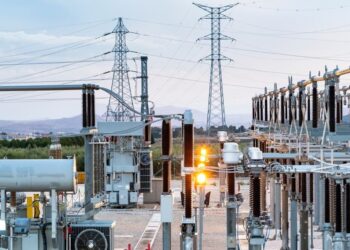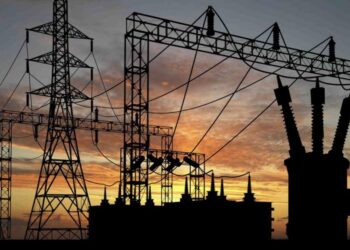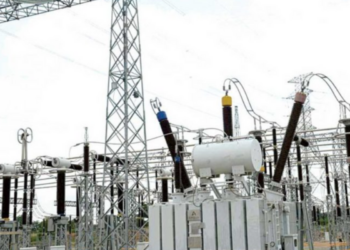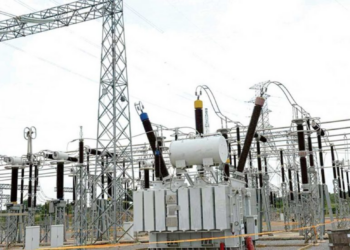The Nigerian Electricity Regulatory Commission (NERC) has said that electricity utilities need to abide by the stipulations of the 2023 Electricity Act and failure to do so, attracts a fine of almost N20 million per day for the institution in default.
Dafe Akpeneye, NERC Commissioner, Legal, Licencing, and Compliance stated this while addressing attendees at the first Compliance Peer Review Session at NERC to task Utilities on compliance with Orders and Act of the Commission on Thursday, August 24.
He said:
- “We have a new Electricity Act which if you are in default, you expose your institutions to a fine of almost Twenty Million Naira per day when enforced. The essence of this meeting is to let you know what NERC’s expectation is and also to set the tone for how we will apply the law enforcement principles.”
"We have a new Electricity Act which if you are in default, you expose your institutions to a fine of almost Twenty Million Naira per day when enforced. The essence of this meeting is to let you know what NERC's expectation is and also to set the tone.. pic.twitter.com/KtFTnlWOuR
— NERC Nigeria (@NERCNG) August 24, 2023
Meanwhile, during the peer review meeting, the NERC Chairman, Sanusi Garba urged the attendees to take the initiative seriously. He said:
- “This is a very important initiative primarily because compliance by our licensees has always been a major point of critique by the customers that we are supposed to serve.”
Insights on some provisions in the Act as it concerns utilities
The 2023 Electricity Act introduces several important changes aimed at improving the electricity sector. One of the key features of this act is the shift from a cost-based regulatory approach to a performance-based one.
This shift incentivizes utility companies to enhance their service quality, minimize losses, and optimize their operational efficiency.
By aligning profits with performance, this new approach encourages utilities to invest in infrastructure and ultimately leads to higher levels of consumer satisfaction.
Under the new regulation, efficient licensees are given the opportunity to recover the complete costs of their business operations.
This not only ensures fair compensation for well-managed companies but also provides consumers with economically sensible signals about the costs associated with their energy consumption.
Additionally, this approach aims to eliminate any unfair discrimination between different consumer groups, fostering a more equitable energy market.
Over a specific period set by the Nigerian Electricity Regulatory Commission (NERC), there is also a plan to gradually phase out or significantly reduce cross-subsidies, further promoting a balanced and sustainable energy ecosystem.
Renewable energy plays a central role in the 2023 Electricity Act. Electricity generation licensees are now required to fulfil specific renewable energy generation obligations as defined by NERC.
This provision underlines the government’s commitment to transitioning towards more sustainable and environmentally friendly energy sources.
Also, the act emphasizes the importance of accurate metering.
According to the regulations established by the NERC, no licensee is allowed to provide electricity services beyond the expiration date set by the NERC without the proper installation of a suitable meter.
This measure ensures transparency, accountability, and fair billing practices, benefiting both utility companies and consumers alike.
The 2023 Electricity Act introduces a comprehensive framework that addresses various aspects of the electricity sector.
From incentivizing performance-based regulation to promoting renewable energy integration and ensuring proper metering, the act aims to create a more efficient, transparent, and consumer-oriented electricity market in Nigeria.
























Enforcement is key. These utilities companies are ever ready to explore all loopholes to extort consumers.